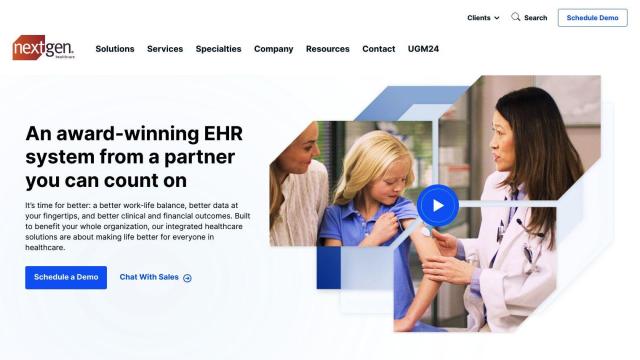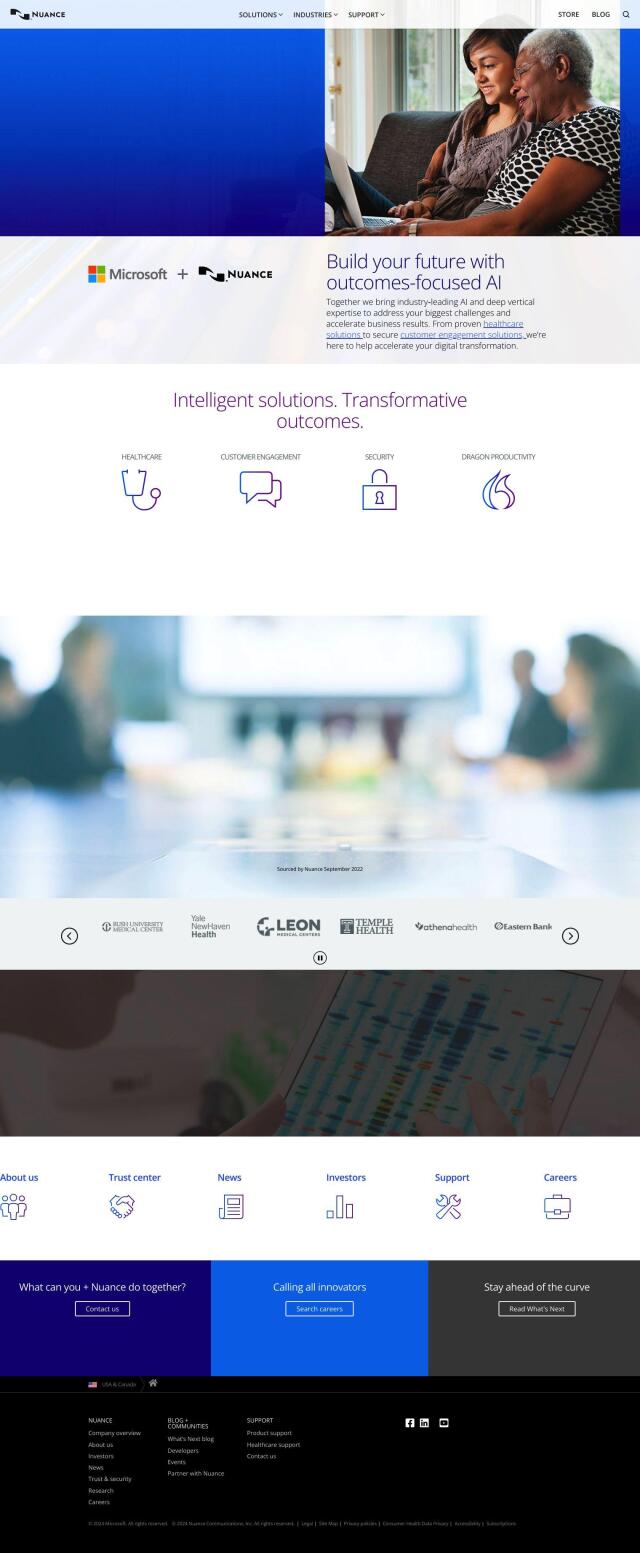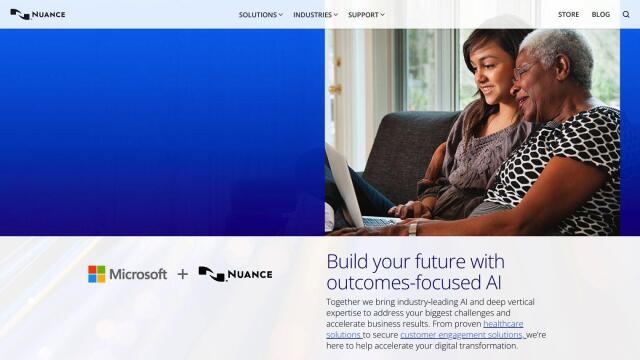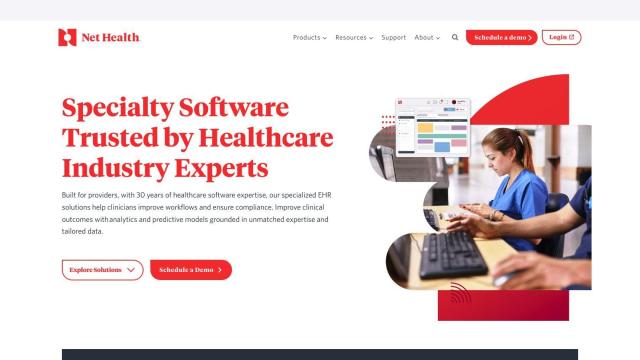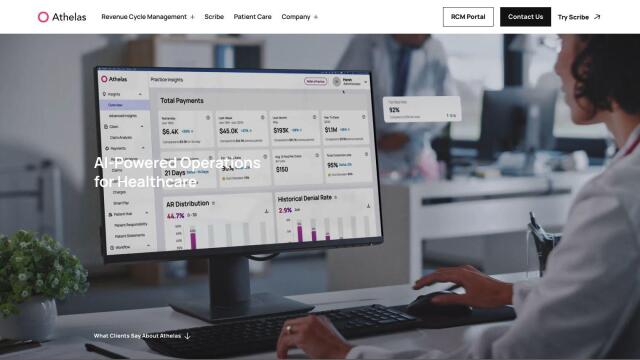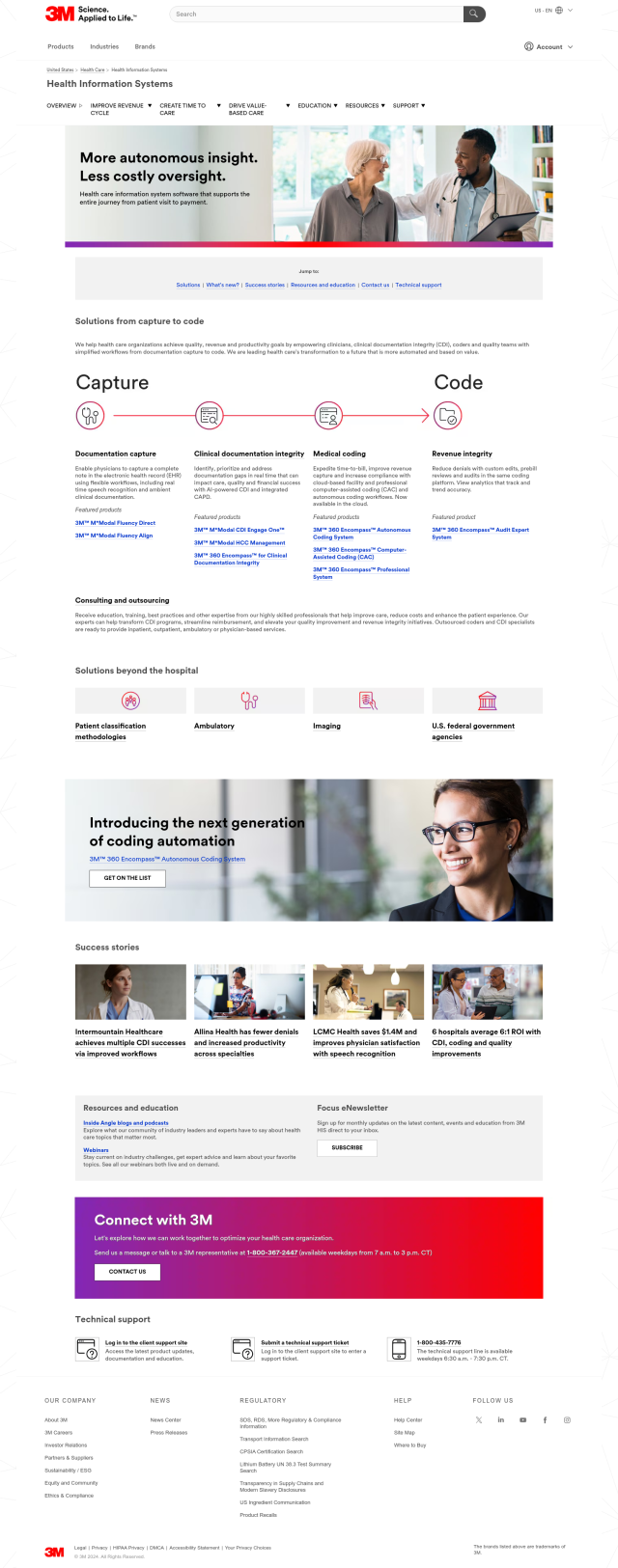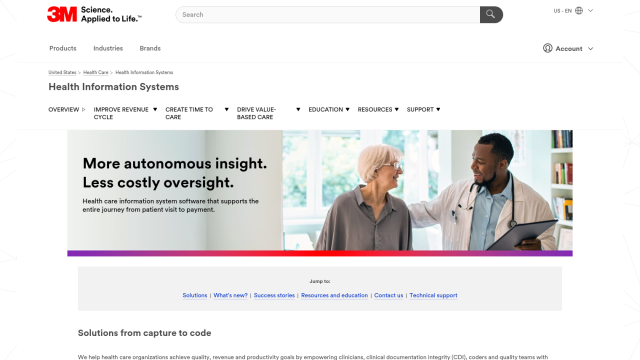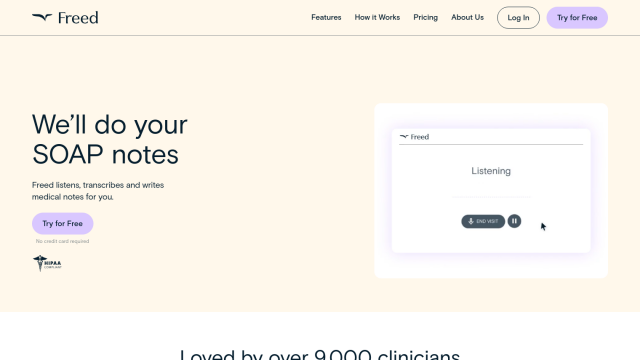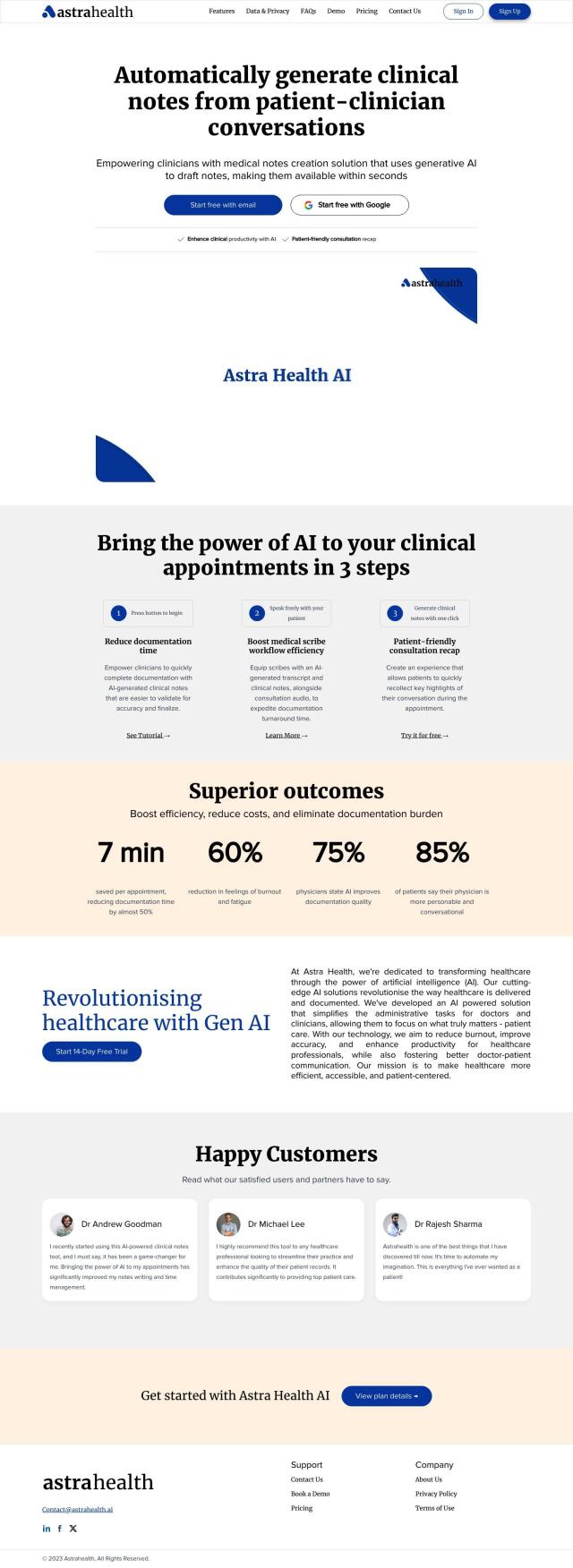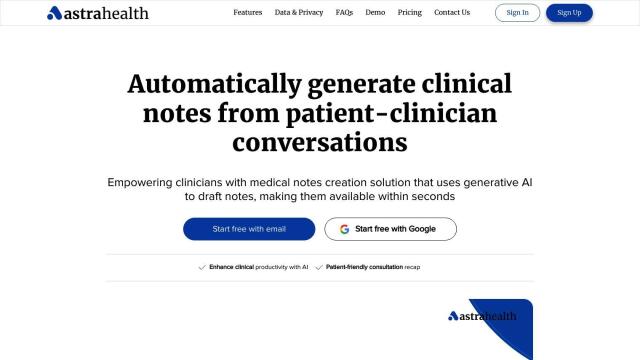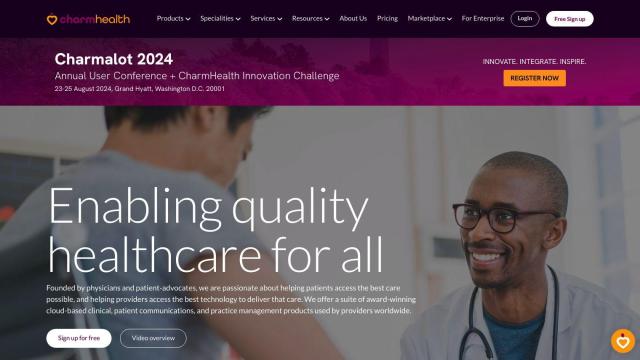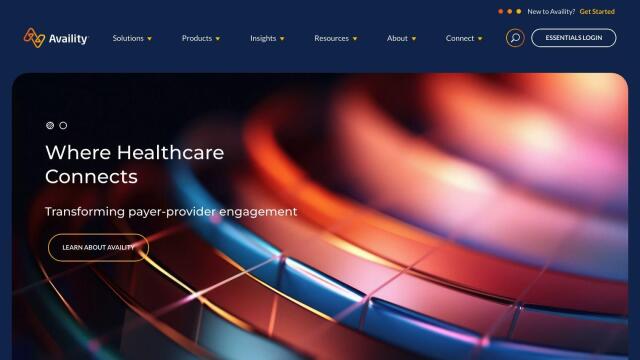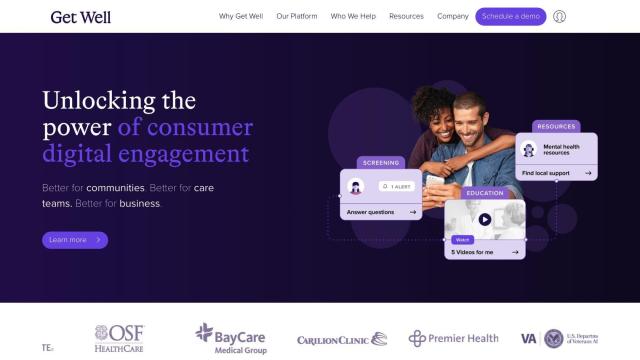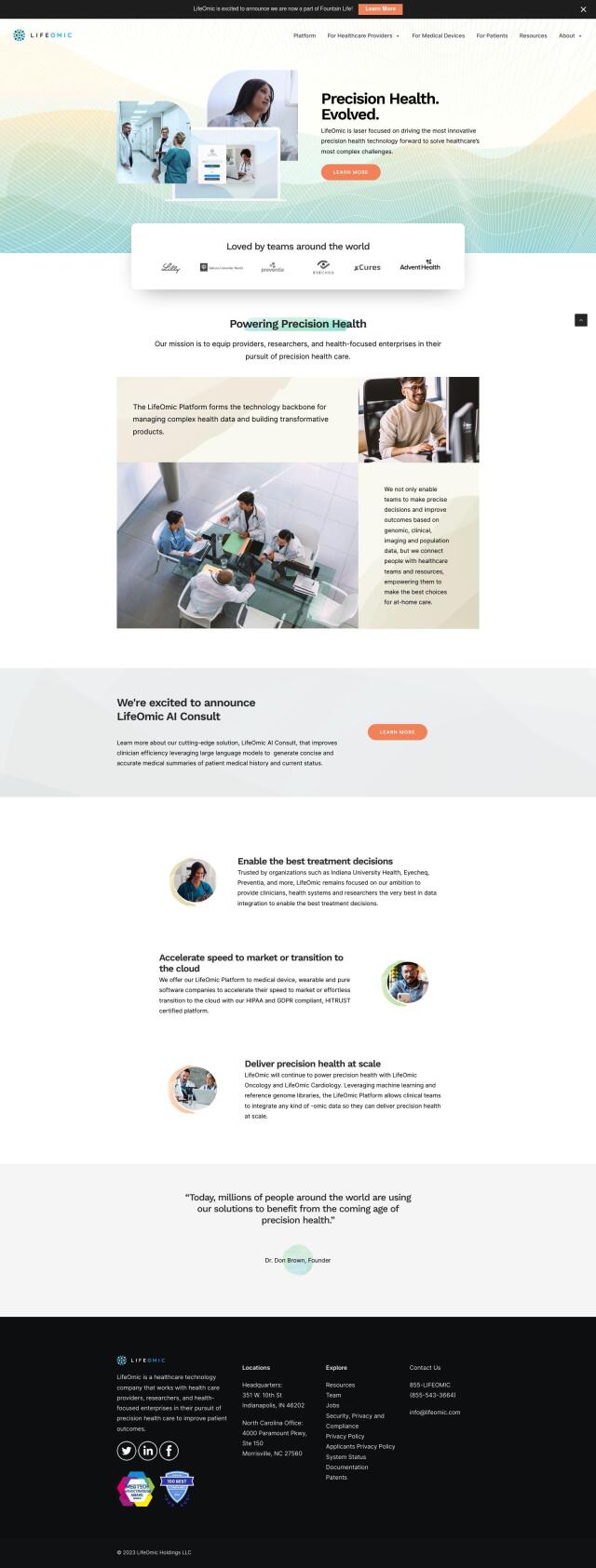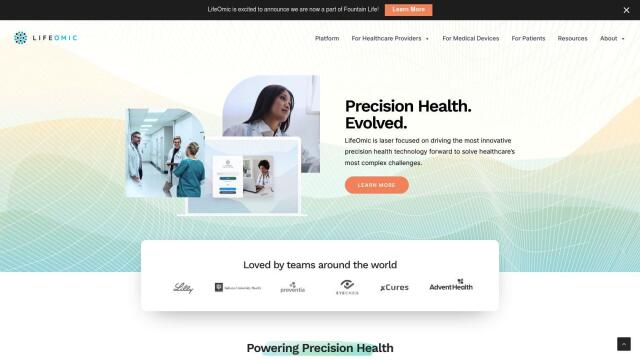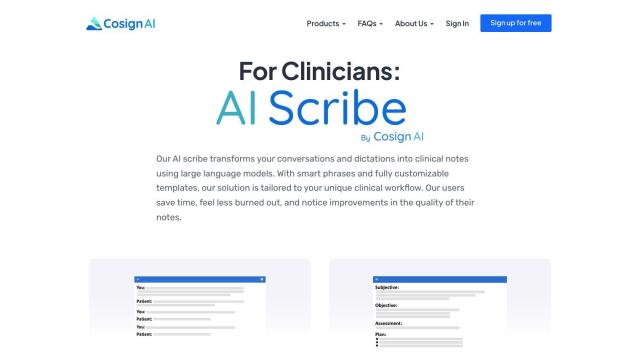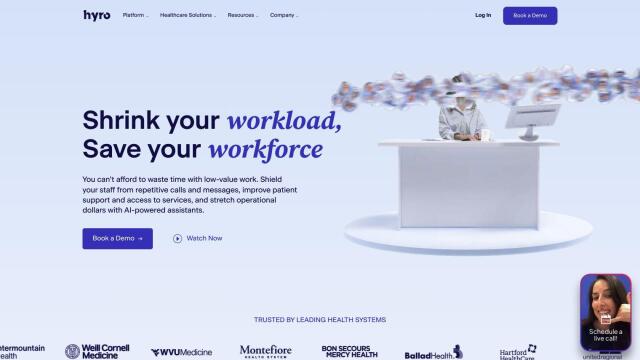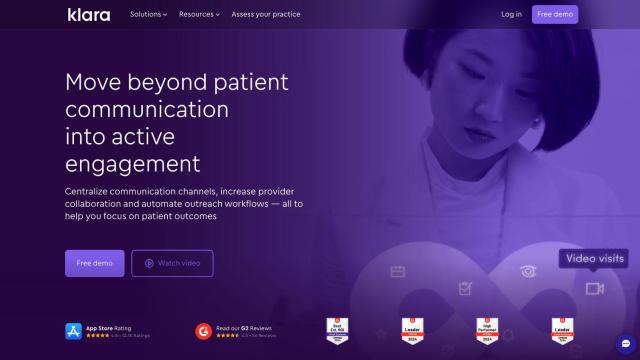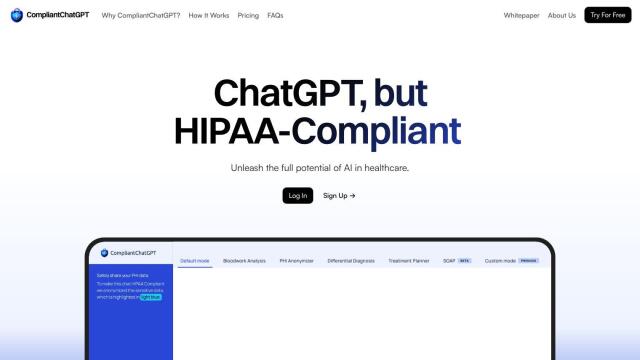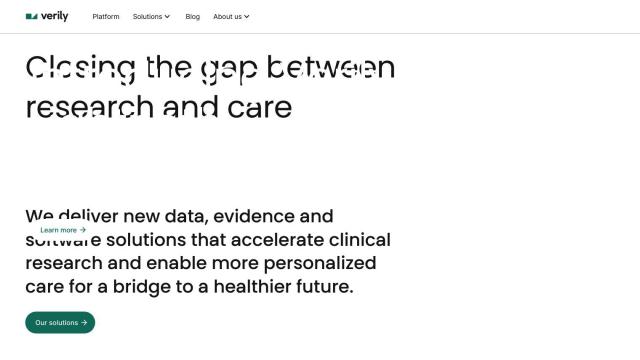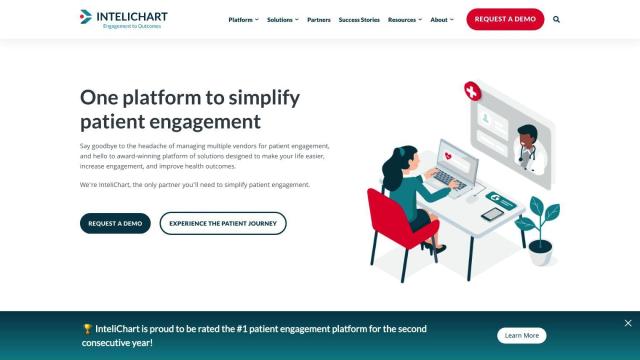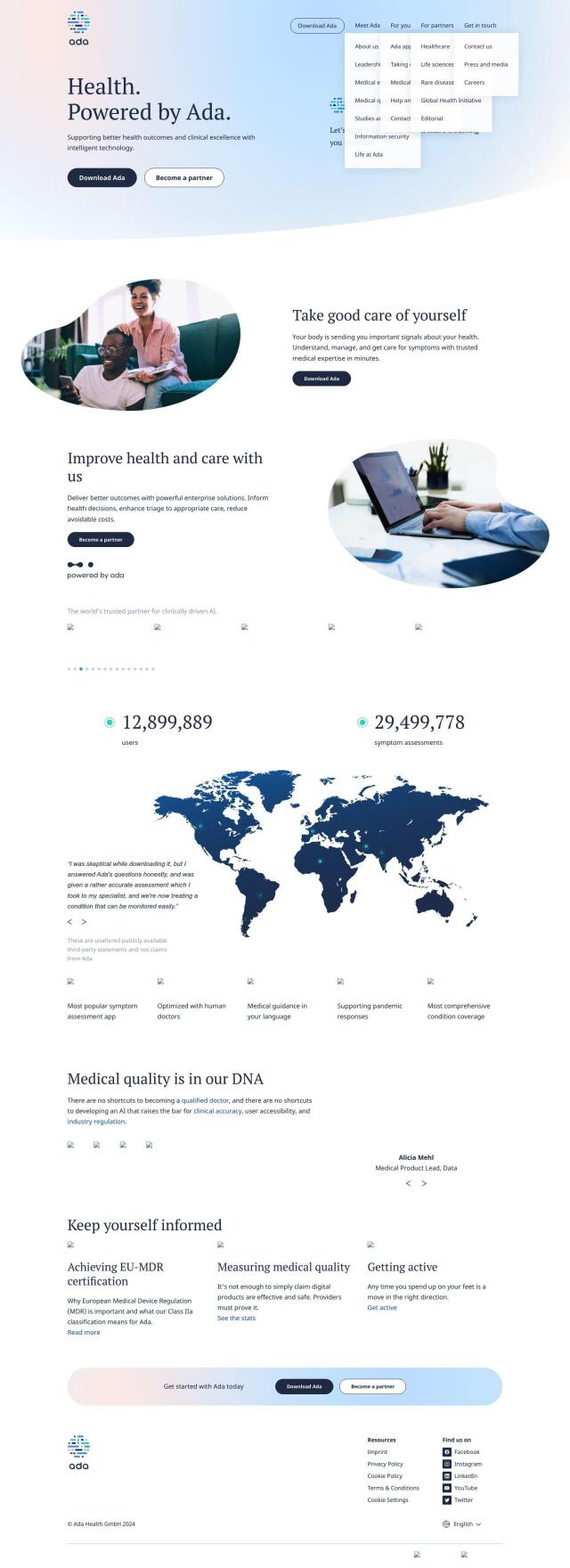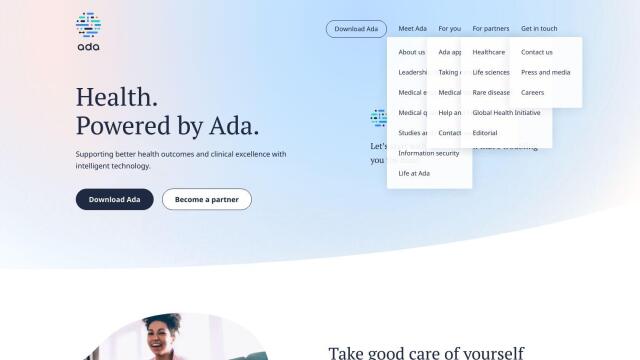Question: Do you know of a platform that streamlines clinical workflows, ensures data security, and integrates with existing health systems?

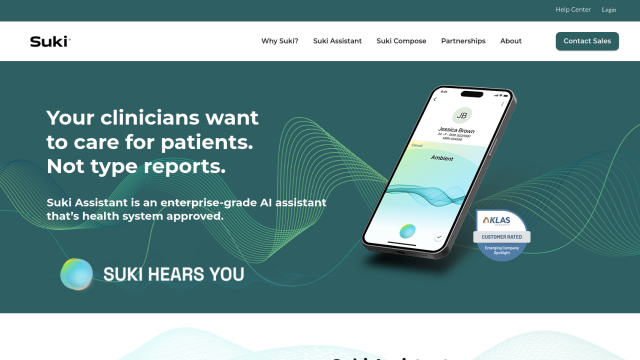
Suki
If you need a platform that streamlines clinical workflows, protects data and integrates with your existing health infrastructure, Suki is a great option. Suki is an AI-powered voice assistant that automates administrative work so clinicians can focus on patients. It can generate ambient notes, dictate text and suggest medical codes, and integrates tightly with big EHR systems like Epic, Cerner and Athena. Suki follows industry best practices for security, including HIPAA and SOC2 Type 2, so you can rest assured your sensitive data is protected.

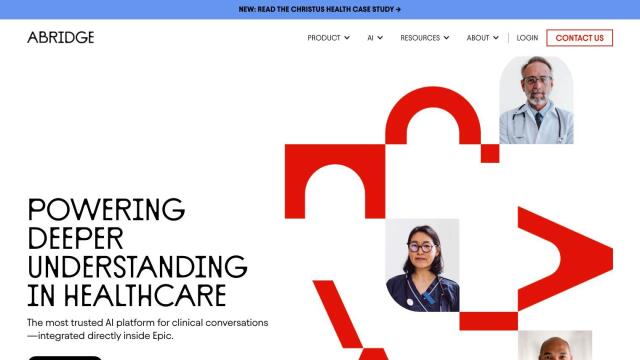
Abridge
Another powerful option is Abridge, a generative AI platform that transforms clinical conversations into structured notes. Built directly into Epic systems, Abridge generates notes in real-time in multiple languages and offers clinically validated summaries across many specialties. This platform dramatically reduces clinician documentation burden and improves work-life balance, and it's an enterprise-ready option with secure cloud storage and HIPAA compliance.

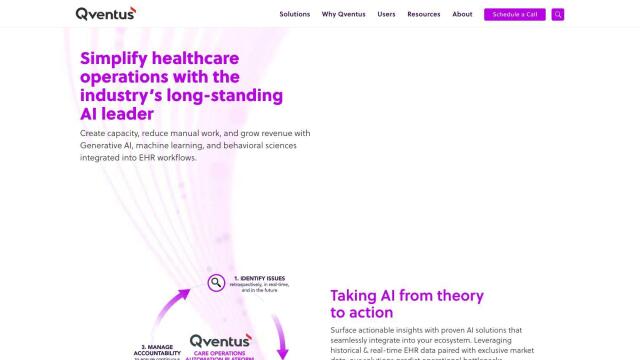
Qventus
Qventus is also worth a look, especially if you want to optimize the performance of your healthcare operations. The platform combines AI, machine learning and behavioral science to optimize patient flow and automate work within EHR workflows. It can help with scheduling surgeries, planning discharges and other operational challenges, and it can deliver strong ROI and efficiency improvements.

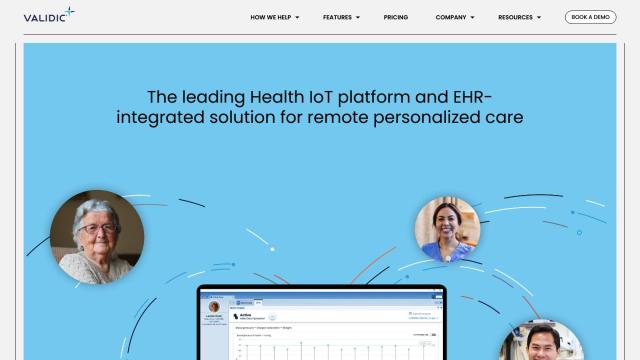
Validic
If you're looking for a more complete solution that includes remote personalized care and EHR integration, Validic is another option worth considering. Validic connects a large network of health devices and apps to give clinicians and patients valuable insights. It has deep EHR integration with Epic and Cerner, remote patient monitoring and digital logbooks, and can help streamline clinical workflows and improve patient outcomes.

